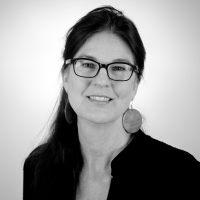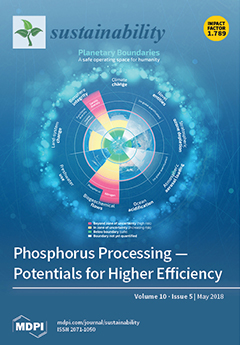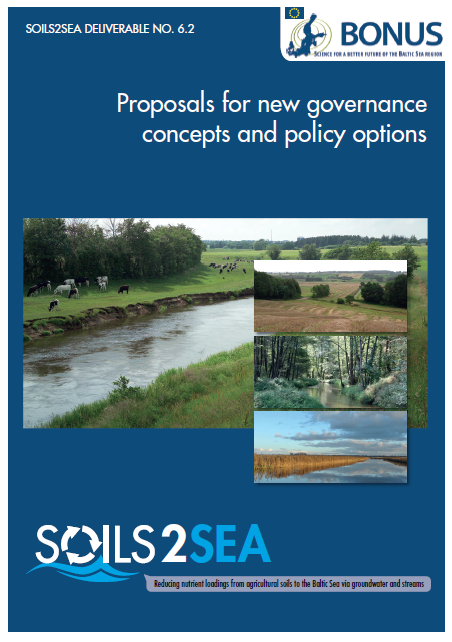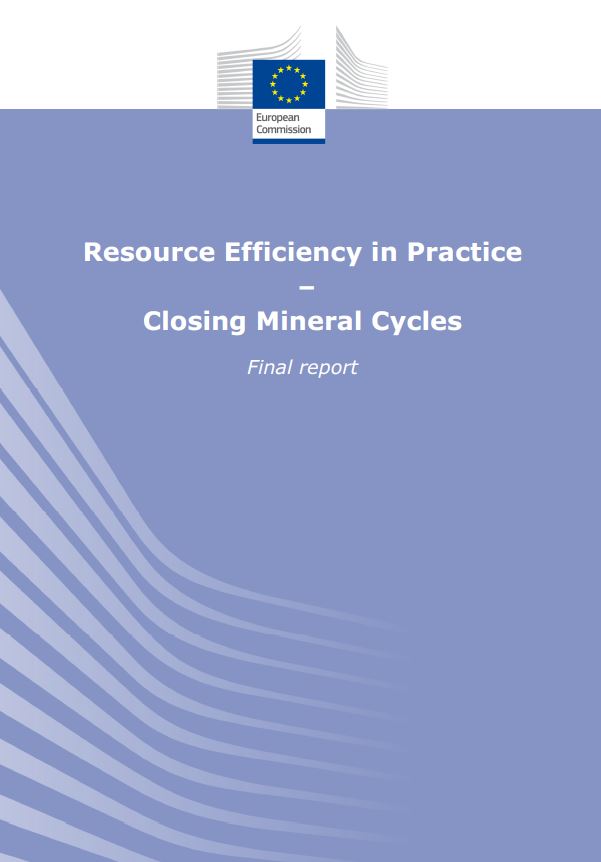Soils2Sea: Reducing Nutrient Loadings Into the Baltic Sea – Film Premiere
- Event
- Date
-
- Location
- Mykanow, Poland
On 14 October 2016, the documentary film "Soils2Sea: Reducing nutrient loadings into the Baltic Sea" premiered in Poland. Developed and produced by Dr. Grit Martinez (Ecologic Institute) and Anne Berrini (berrini films) with support from Dr. Przemyslaw Wachniew (AGH University of Science and Technology Krakow), the movie illustrates the societal story of implementing the EU's nitrate directive at regional realities in the EU member states, particularly in the Kocinka catchment area in south central Poland. The 35-minute film will be available soon on Ecologic Institute's website.
The Baltic Sea - one of the most heavily polluted seas in the world - owes its critical water quality mainly to fast agricultural run-offs and wastewaters traveling via surface and ground waters. Poland, a country with 500 km coastline and 40 rivers on its territory, holds 1st in agricultural production in the European Union and makes up 50% of the entire population of the Baltic Sea drainage basin.
Filmed across several small and lager scale farms in the Kocinka catchment, the film features perceptions, interpretations, and suggestions for actions by farmers, water treatment specialists, local policy makers, and scientists from an observatory perspective. The film also pays attention to Poland's unique historical, socio-cultural-political circumstances in farming while tracing potential local level solutions that seek to reduce Poland's share of agricultural pollution to the Baltic Sea.
The Baltic Sea is the recipient of incessant pollutants. This occurs due to deposits from the at-mosphere, ocean transport, waste disposal, energy generation, fish farming and tourism. The most significant causes of over-fertilization are, however, found on land: in the production of agricultural crops and livestock as well as the disposal of wastewater.
The German Federal Environmental Agency estimates the number of nutrients deposited in the Baltic Sea at 760 000 tones of nitrogen (the equivalent of 15 000 cargo trains) and 36 000 tones of phosphorus (the equivalent of 700 cargo trains) for the year 2010 alone.
Nutrient inputs from the Baltic riparian states reach five-figure digits each year. Sweden, Russia and Poland had the largest share of nitrogen deposits in 2011. Since 2014 the project "BONUS-Soils2Sea"is analyzing the hydrological and biochemical conditions in soils along with the cultural, economic and political contexts. For the Bonus Soils2Sea project, significant areas of study were selected in countries with high contribution of phosphorus and nitrogen. In close collaboration with farmers, industrial and political decision-makers local and regional level solutions to diminish nutrient run-offs into the catchment are discussed in several workshops.
The film "Soils2Sea: Reducing nutrient loadings into the Baltic Sea" pays special attention to the development of the 'polish way of farming', its manifestations and potential solutions for reduction of water pollution. Situated between Germany and Russia, Poland's history has been turbulent: changes in borders, power struggles, war. Poland first became a Republic in 1918, after more than 123 years of occupation. In the 20th century, the country went through rapid industrialization, but remained strongly influenced by rural traditions. The national and constitutional emphasis of the church and the firm roots of long-established farming communities helped to withstand the dramatic years of separation. Less than 100 years ago the area where the Kocinka catchment area can be found today was divided between Germany, Austria and Russia. And although the agricultural structures changed during the socialist regime, a large quantity of the land remained private property, in contrast to other Eastern Bloc countries. Socialist agriculture in Poland, with its extensive single unit production, has left its traces. The effects of this pollution in Poland remain a problem today.
The film has received funding from BONUS, the joint Baltic Sea research and development pro-gramme (Art 185), funded jointly from the European Union's Seventh Programme for research, technological development and demonstration and from The Danish Council for Strategic Research, The Swedish Environmental Protection Agency (Naturvådsverket), The Polish National Centre for Research and Development, The German Ministry for Education and Research (Bundesministerium für Bildung und Forschung), and The Russian Foundation for Basic Researches (RFBR).









